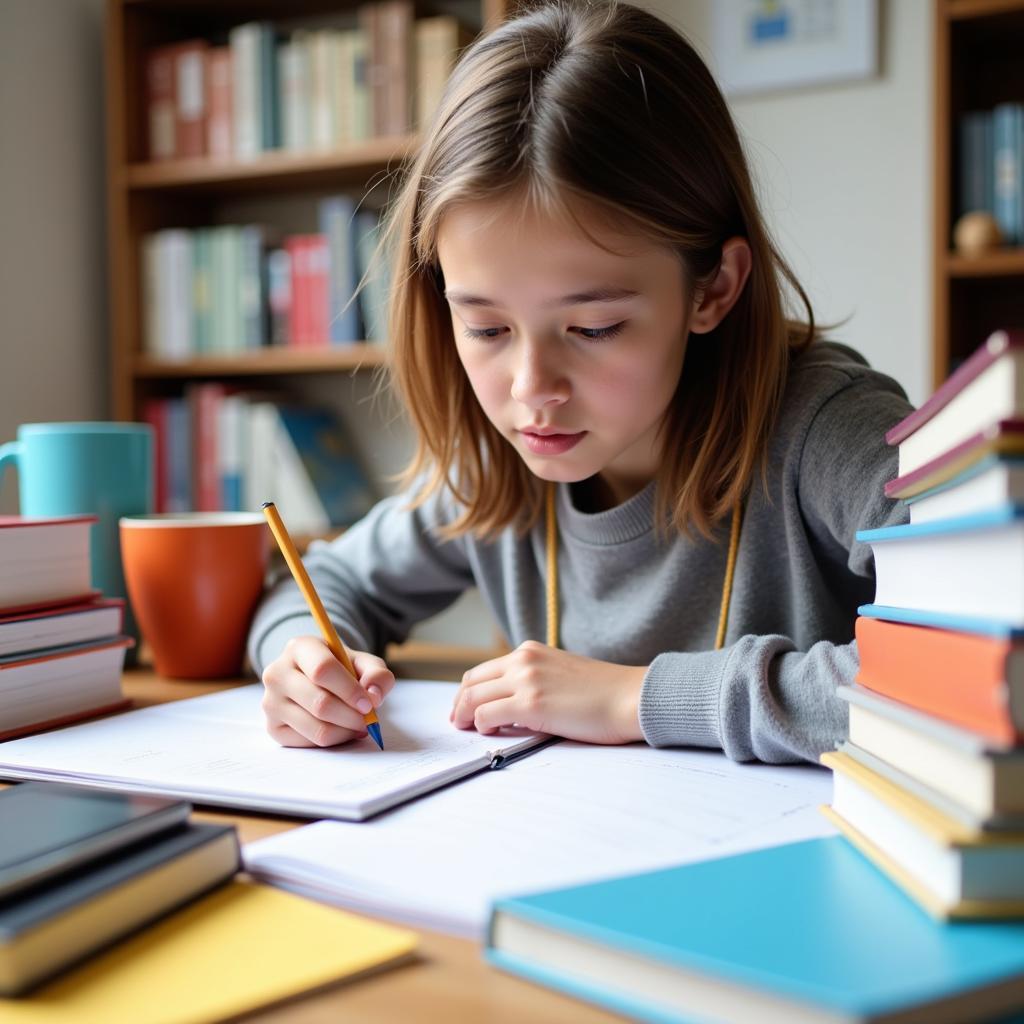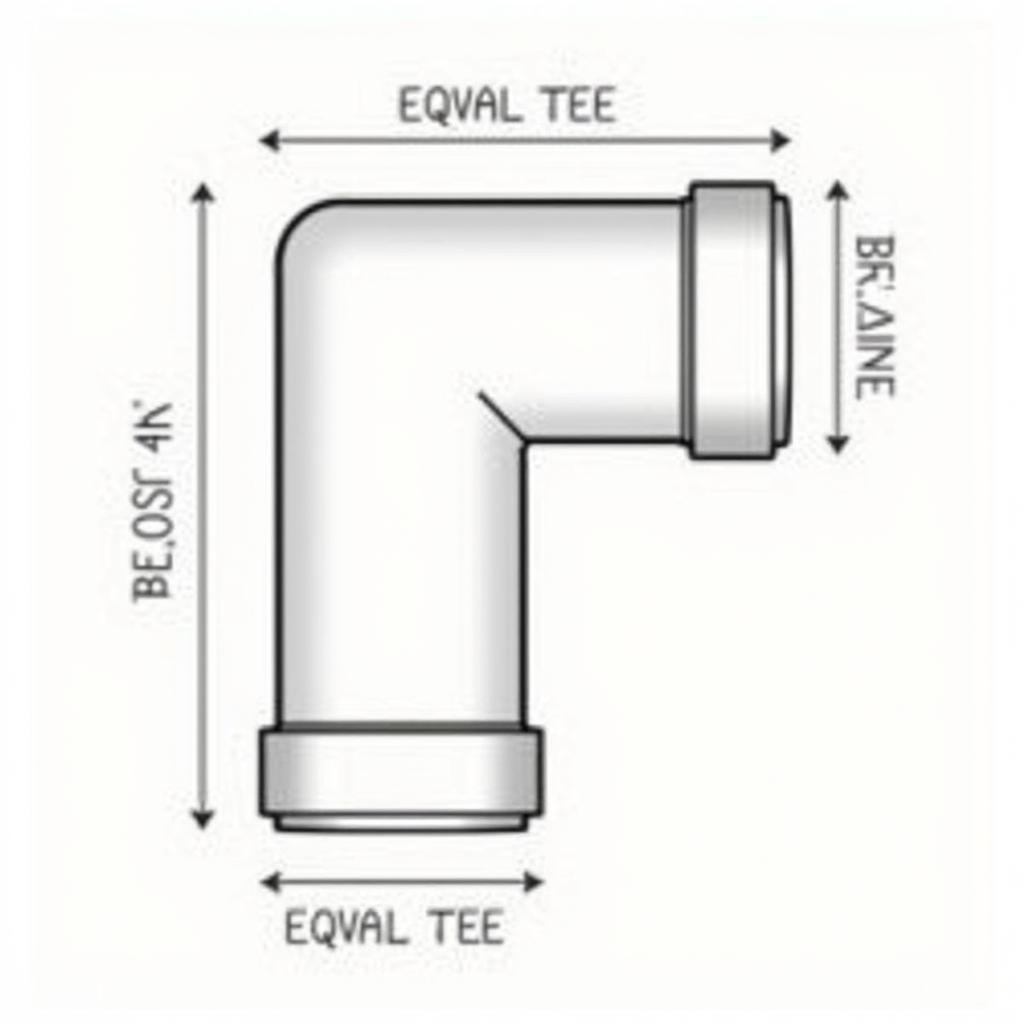The ASEAN packaging roadmap represents a strategic framework for Southeast Asian nations to transition towards more environmentally friendly and sustainable packaging practices. This comprehensive approach addresses pressing concerns related to plastic waste, resource efficiency, and the circular economy within the region.
The Urgent Need for a Unified ASEAN Packaging Roadmap
The rapid economic growth and urbanization across ASEAN have fueled a surge in packaging consumption. Unfortunately, this has resulted in a corresponding increase in packaging waste, posing significant challenges to the environment and public health. Recognizing the urgency, ASEAN member states have acknowledged the critical need for a unified approach to tackle these issues head-on.
Key Objectives of the Roadmap
The ASEAN packaging roadmap outlines a clear set of objectives to guide the region towards a more sustainable future:
- Minimize Packaging Waste: Implementing measures to reduce, reuse, and recycle packaging materials, minimizing the amount ending up in landfills and the environment.
- Promote Sustainable Materials: Encouraging the use of eco-friendly, recyclable, and biodegradable packaging materials sourced from renewable resources.
- Enhance Recycling Infrastructure: Developing robust and efficient waste management systems, including collection, sorting, and recycling facilities across ASEAN nations.
- Foster Innovation and Technology: Promoting research and development of innovative packaging solutions, including alternative materials and design optimization.
- Strengthen Regional Collaboration: Facilitating knowledge sharing, technology transfer, and collaborative initiatives among ASEAN member states to achieve shared goals.
Strategies for Implementation
The success of the ASEAN packaging roadmap hinges on the effective implementation of key strategies:
- Policy and Regulatory Frameworks: Developing and harmonizing policies and regulations that incentivize sustainable packaging practices while discouraging the use of environmentally harmful materials.
- Extended Producer Responsibility (EPR): Implementing EPR schemes that hold producers accountable for the entire lifecycle of their packaging, from production to post-consumer waste.
- Consumer Awareness and Education: Launching public awareness campaigns to educate consumers about responsible consumption, proper waste disposal, and the importance of choosing sustainable packaging options.
- Industry Engagement and Partnerships: Fostering collaboration between governments, industries, and other stakeholders to drive innovation, share best practices, and implement sustainable packaging solutions across value chains.
The Role of Innovation and Technology
Technological advancements play a crucial role in driving the transition to sustainable packaging in ASEAN. Bioplastics, compostable packaging, and innovative recycling technologies are emerging as promising solutions.
- Bio-based and Biodegradable Materials: ASEAN’s rich biodiversity offers a vast source of renewable materials. Research and development of bioplastics derived from sources like sugarcane, bamboo, and palm oil waste are gaining momentum.
- Compostable Packaging: Compostable packaging, which breaks down organically, presents a viable solution, particularly for food packaging. Promoting its adoption can contribute significantly to reducing landfill waste.
- Advanced Recycling Technologies: Investments in advanced recycling technologies, such as chemical recycling, can enhance the recyclability of plastic waste and contribute to a circular economy for plastics in ASEAN.
Benefits of a Sustainable Packaging Ecosystem
The successful implementation of the ASEAN packaging roadmap offers numerous benefits:
- Environmental Protection: Reducing plastic pollution, conserving natural resources, and mitigating the environmental impacts associated with packaging waste.
- Public Health Improvement: Minimizing the risks posed by plastic waste to human health, particularly in terms of air and water contamination.
- Economic Opportunities: Fostering innovation, creating green jobs, and attracting investments in the sustainable packaging sector.
- Enhanced ASEAN Competitiveness: Positioning ASEAN as a leader in sustainable packaging, enhancing the region’s global competitiveness and appeal to environmentally conscious consumers and businesses.
Conclusion
The ASEAN packaging roadmap provides a vital framework for the region to address the pressing challenges of packaging waste and transition towards a more sustainable future. By embracing innovation, fostering collaboration, and implementing effective strategies, ASEAN can unlock significant environmental, economic, and social benefits. The journey towards sustainable packaging requires a collective effort from all stakeholders, paving the way for a greener and more prosperous ASEAN.
FAQ
1. What is the main goal of the ASEAN packaging roadmap?
The main goal is to minimize the environmental impact of packaging waste in ASEAN through sustainable practices like reduction, reuse, recycling, and the adoption of eco-friendly materials.
2. How does the roadmap address plastic pollution?
It promotes the use of alternative materials, encourages innovative recycling technologies, and aims to reduce plastic consumption through policies and consumer education.
3. What are the economic benefits of sustainable packaging in ASEAN?
It can create new industries, green jobs, attract investments in innovative technologies, and enhance the region’s competitiveness in the global market.
4. How can consumers contribute to the success of the roadmap?
Consumers can make informed choices by opting for products with sustainable packaging, practicing proper waste separation and disposal, and supporting businesses committed to sustainability.
5. What is the role of innovation in achieving the roadmap’s objectives?
Innovation is crucial in developing biodegradable materials, advanced recycling technologies, and designing packaging for circularity, all of which are essential for achieving the roadmap’s goals.
For further information and support on navigating sustainable packaging solutions, please contact us:
Phone: 0369020373
Email: [email protected]
Address: Thon Ngoc Lien, Hiep Hoa, Bac Giang, Vietnam
Our dedicated customer service team is available 24/7 to assist you.


